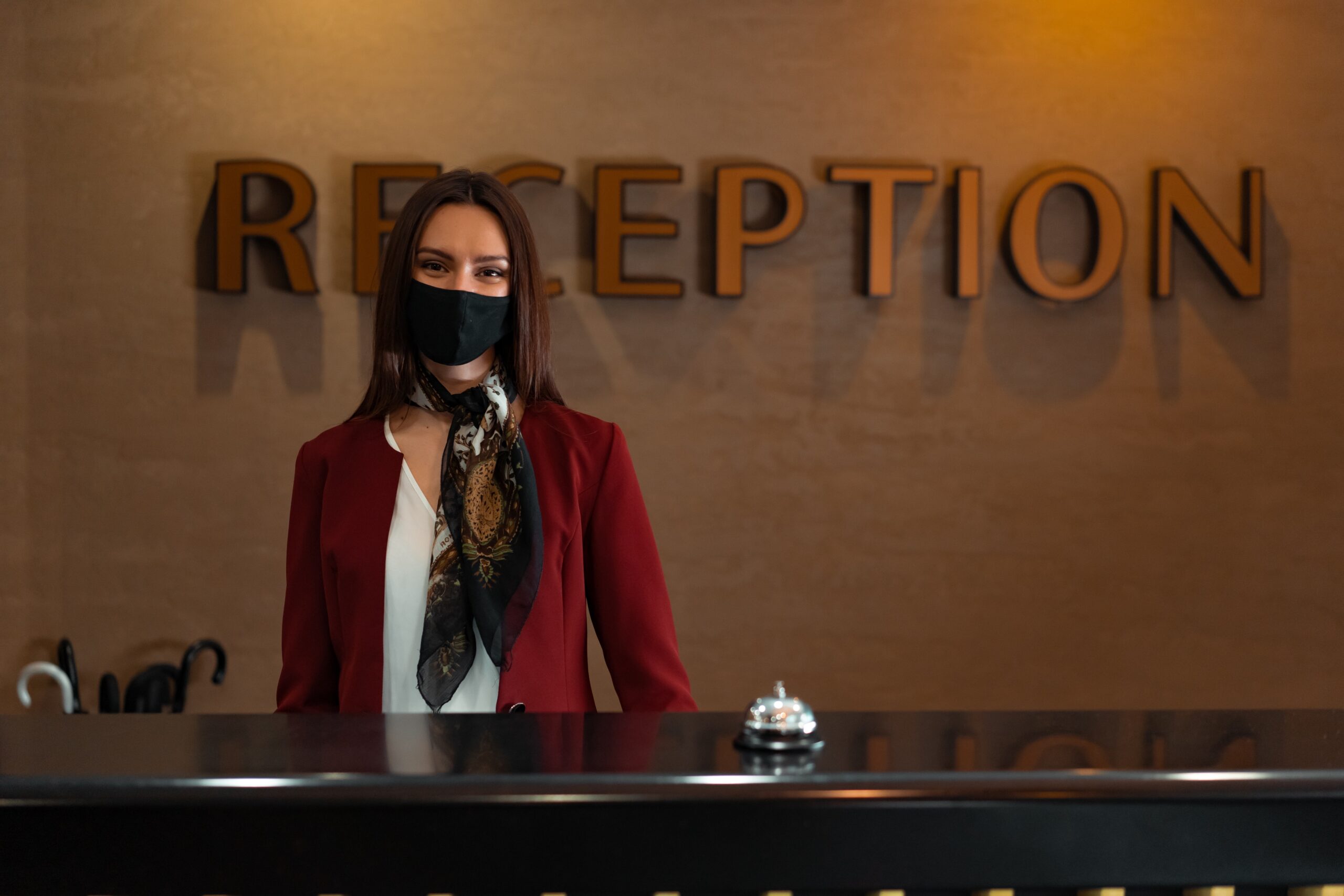Recently, our team produced an out of town three-day conference for a client at a hotel that was actually a hot spot for the Delta variant. As Covid remains a presence in our lives, and with Delta looming over our shoulder, we did our dangest to create an enjoyable experience for both our in-person and virtual attendees while also making sure everyone was safe and healthy. In the midst of managing the many moving parts of this conference, I came across a note on our BEO that marked our group as “Covid Sensitive”. This note, while true in a sense, left me with some concerning questions.
As the host of a decently sized in-person conference, I felt a heavy responsibility to not only make sure that I came home to my family in good health, but also that each of our attendees, speakers, exhibitors, and staff (both our own and the hotel’s) were able to enjoy the conference while minimizing the risk of catching or spreading the virus.
To achieve this, our team put in place a health and safety plan that included items like mandatory mask requirements in the conference rooms (with disposable and cloth masks available to anyone who needed one), hand sanitizers, and a daily health screening. This screening entailed every conference participant receiving a daily text with a link to a questionnaire confirming they were not exhibiting symptoms or had knowingly been exposed to Covid. A few attendees who were curious what would happen if they failed the questionnaire quickly found out we were immediately notified and got a visit from my team to confirm whether they posed a Covid risk to the rest of the conference. From our perspective, these seemed like reasonable measures to ensure a level of comfort and safety for our guests. So why did the hotel consider this outside of the norm?
Every hotel is a hospitality business. Their goal is to make people feel welcome. These days, with frequently changing Covid-related rules and regulations, the definition of what makes guests feel welcome is up to each hotel to define. When a hotel marks a group actively taking precautions as “Covid Sensitive,” it implies that that group is out of the ordinary. This in turn begs the question, “what is the normal standard?”
By making Covid precautions an alternative and not the default, it sets a precedent that Covid is not treated as a real issue unless a guest demands it. Wouldn’t it be better to run a hotel (or any hospitality business) with Covid prevention as the norm? Hotels have the opportunity to lead by setting guest expectations. It might be uncomfortable at times to maintain preventative measures, but being in a position of leadership sometimes requires doing the unpleasant. Why put guests in a position where they have to request to “add in” measures to limit the possibility of getting or spreading Covid?
Understandably, the hospitality industry is under strain as rules on vaccination and masking change with the evolving science making most of what we think of as norms, short lived. However, as someone whose industry is centered around connecting people together, my team and I have faced the same challenges and believe it is possible to create a positive experience for your guests while also putting a priority on keeping a clean and healthy environment. Yes, it takes a lot of work. But if you start with a framework for accommodating the (frequent) changes regarding Covid, you help set a standard in taking reasonable measures to prevent a high-traffic location from being a potential source of a Covid breakout.
I understand the frustration with the seemingly endless updates and new regulations in the Covid pandemic. I gently suggest that not only the hospitality industry, but everyone in the business of working with large groups of people, prioritize preventing the potential spread of Covid. The extra effort now could save us in the long run…Covid sensitive ought to be the norm.

